Filter by
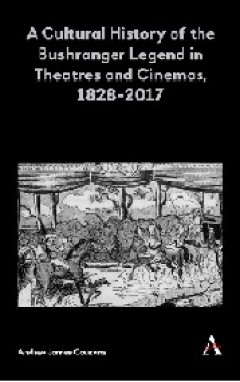
A Cultural History of the Bushranger Legend in Theatres and Cinemas, 1828–2017
'Outlaw Nation' is a multidisciplinary investigation into the history of cultural representations of the bushranger legend on the stage and screen, charting that history from its origins in colonial theatre works performed while bushrangers still roamed Australia's bush to contemporary Australian cinema. It considers the influences of industrial, political and social disruptions on these repres…
- Edition
- -
- ISBN/ISSN
- 9781783088928
- Collation
- -
- Series Title
- -
- Call Number
- -
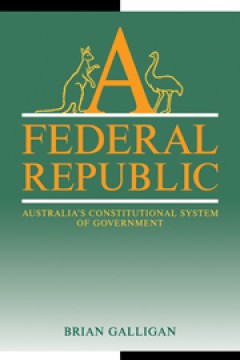
A Federal Republic Australia's Constitutional System of Government
This provocative book, first published in 1995, argues that Australia is already a federal republic rather than a constitutional monarchy. It argues that by adopting a federal constitution in 1901 Australians ensured their status as a sovereign people. While the book does not deny the parliamentary and monarchic elements of the Australian system, it calls for a positive reassessment of the Cons…
- Edition
- -
- ISBN/ISSN
- 9781139084932
- Collation
- -
- Series Title
- Reshaping Australian Institutions
- Call Number
- -
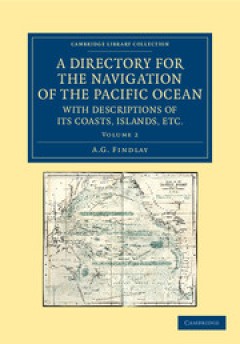
A Directory for the Navigation of the Pacific Ocean, with Descriptions of its…
The English geographer and hydrographer Alexander George Findlay (1812–75) had observed that navigators of his time had to consult a considerable number of documents to gather the information they needed to sail the Pacific Ocean safely. Not only was this highly impractical, it also exposed seafarers to conflicting information that could lead to their demise. First published in 1851, this two…
- Edition
- -
- ISBN/ISSN
- 9781139583114
- Collation
- -
- Series Title
- Cambridge Library Collection - Maritime Exploration
- Call Number
- -
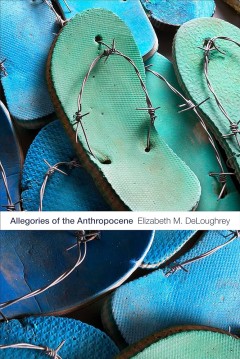
Allegories of the Anthropocene
In Allegories of the Anthropocene Elizabeth M. DeLoughrey traces how indigenous and postcolonial peoples in the Caribbean and Pacific Islands grapple with the enormity of colonialism and anthropogenic climate change through art, poetry, and literature. In these works, authors and artists use allegory as a means to understand the multiscalar complexities of the Anthropocene and to critique the v…
- Edition
- -
- ISBN/ISSN
- -
- Collation
- -
- Series Title
- -
- Call Number
- 800 LOU a
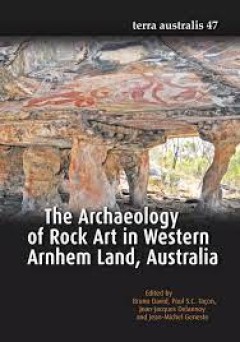
The Archaeology of Rock Art in Western Arnhem Land, Australia (Terra Australi…
Western Arnhem Land, in the Top End of Australia’s Northern Territory, has a rich archaeological landscape, ethnographic record and body of rock art that displays an astonishing array of imagery on shelter walls and ceilings. While the archaeology goes back to the earliest period of Aboriginal occupation of the continent, the rock art represents some of the richest, most diverse and visually …
- Edition
- -
- ISBN/ISSN
- 9781760461621
- Collation
- -
- Series Title
- -
- Call Number
- -
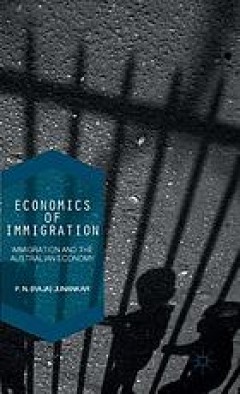
Economics of immigration : the impact of immigration on the Australian economy
Poverty, famines, wars, and ethnic conflicts lead to large movements of refugees. The papers in this book provide an analysis of the economics of immigration. Junankar discusses why people migrate, the likely destinations for migrants, and their employment in the destination countries. He studies the benefits to the migrant families in terms of higher wages and living standards, and also studie…
- Edition
- -
- ISBN/ISSN
- 9781137555250
- Collation
- -
- Series Title
- -
- Call Number
- 994
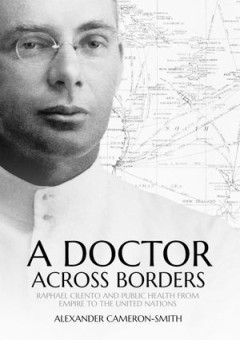
A Doctor Across Borders : Raphael Cilento and public health from empire to th…
In his day, Raphael Cilento was one of the most prominent and controversial figures in Australian medicine. As a senior medical officer in the Commonwealth and Queensland governments, he was an active participant in public health reform during the inter-war years and is best known for his vocal engagement with public discourse on the relationship between hygiene, race and Australian nationhood.…
- Edition
- -
- ISBN/ISSN
- 9781760462642
- Collation
- -
- Series Title
- -
- Call Number
- -
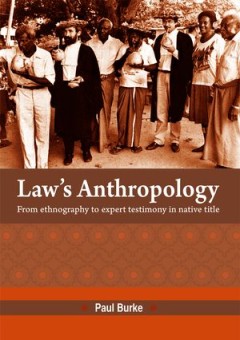
Law’s anthropology : from ethnography to expert testimony in native title
Anthropologists have been appearing as key expert witnesses in native title claims for over 20 years. Until now, however, there has been no theoretically-informed, detailed investigation of how the expert testimony of anthropologists is formed and how it is received by judges. This book examines the structure and habitus of both the field of anthropology and the juridical field and how they hav…
- Edition
- -
- ISBN/ISSN
- 9781921862434
- Collation
- -
- Series Title
- -
- Call Number
- 346.940 432 089 991 5 BUR l
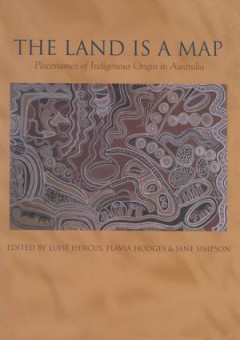
The Land is a Map : Placenames of Indigenous Origin in Australia
The entire Australian continent was once covered with networks of Indigenous placenames. These names often evoke important information about features of the environment and their place in Indigenous systems of knowledge. On the other hand, placenames assigned by European settlers and officials are largely arbitrary, except for occasional descriptive labels such as ‘river, lake, mountain’. T…
- Edition
- -
- ISBN/ISSN
- 9781921536571
- Collation
- -
- Series Title
- -
- Call Number
- 919.400 3 LAN
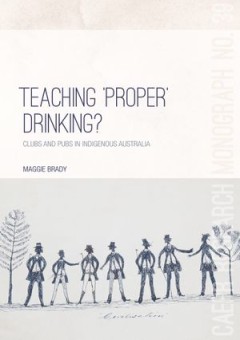
Teaching ‘Proper’ Drinking? Clubs and pubs in Indigenous Australia
"In Teaching ‘Proper’ Drinking?, the author brings together three fields of scholarship: socio-historical studies of alcohol, Australian Indigenous policy history and social enterprise studies. The case studies in the book offer the first detailed surveys of efforts to teach responsible drinking practices to Aboriginal people by installing canteens in remote communities, and of the purchase…
- Edition
- -
- ISBN/ISSN
- 9781760461577
- Collation
- -
- Series Title
- -
- Call Number
- -
 Computer Science, Information & General Works
Computer Science, Information & General Works  Philosophy & Psychology
Philosophy & Psychology  Religion
Religion  Social Sciences
Social Sciences  Language
Language  Pure Science
Pure Science  Applied Sciences
Applied Sciences  Art & Recreation
Art & Recreation  Literature
Literature  History & Geography
History & Geography